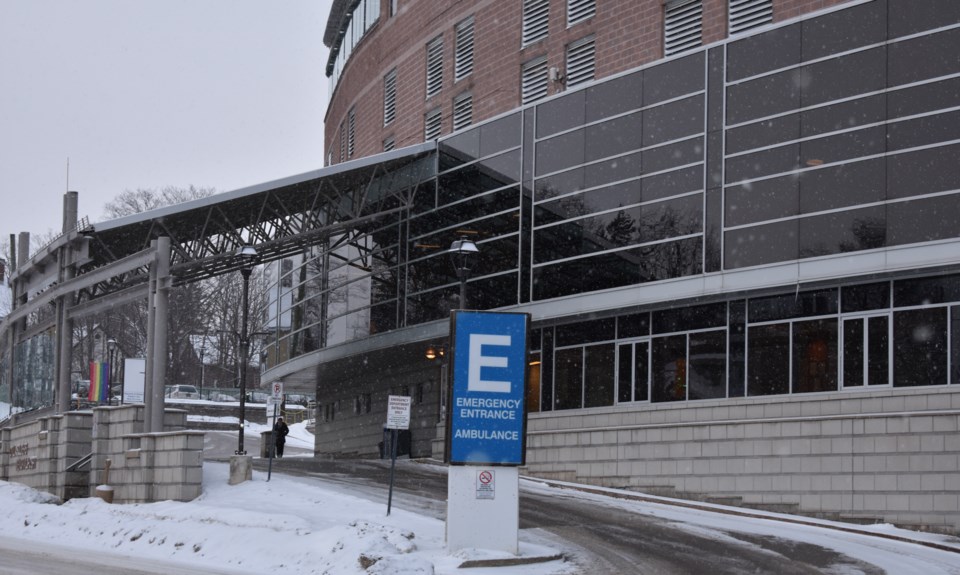OrilliaMatters welcomes letters to the editor at [email protected] or via the website. Please include your full name, daytime phone number and address (for verification of authorship, not publication). The following letter is in response to a letter about paid memberships at Orillia Soldiers’ Memorial Hospital, published Feb. 8.
Mr. R. Peter Weedon, in his letter in OrilliaMatters, refers to me (along with our mayor and former MP Doug Lewis) as “old guard” for our advocating retention of the current governance format.
I don’t personally know Mr. Weedon, nor do I recall ever meeting him. However, I’m sure his referring to me as “old guard” is not a reference to my being an 80-plus senior. Rather, I expect he has used “old guard” in its typical meaning of referring to someone unwilling to accept change or new ideas. Those that know me personally or followed my political positions on city council might find that definition of me hard to believe.
Mr. Weedon further indicated in his letter “it is beyond” (him) to understand my support for a 100-year-old governance format. Well, Mr. Weedon, here is why I believe that Orillia Soldiers’ Memorial Hospital (OSMH) should retain its long-standing paid corporate membership governance model.
Directors of private and public corporations are accountable to their corporation’s shareholders. Union leaders are accountable to their union members. Elected politicians (federal, provincial, municipal, school boards) are accountable to their constituents. Doctors are accountable to their various provincial colleges. Lawyers are accountable to their provincial law societies. Accountants are responsible to their professional associations. Members of municipal committees are accountable to council. Why is it that the OSMH directors want to be accountable only to themselves? Lack of accountability to an appointing or governing body can lead to director inbreeding, inaccessibility, ‘group think,’ and even ‘old guard’ thinking.
As a former OSMH director, city councillor, lifetime member of the OSMH corporation, and recent OSMH patient, I am concerned about the continuing detrition of our hospital facilities and the slow progress toward building new facilities. This is a position I’ve voiced publicly on numerous occasions. My concern leads me to believe that the current paid corporate membership governance model may be the only vehicle to challenge the current OSMH board to answer key strategic questions such as:
Why is it that hospitals in Barrie, Alliston, Collingwood and District of Muskoka have received provincial approval and funding to move to the second stages of building their new hospitals, whereas Orillia has not? This question is even more significant when one understands that OSMH submitted its Stage 1 plan to the Ministry of Health prior to these other hospitals.
Why is it that the OSMH board has refused to meet with potential funding partners (e.g., OSMH Foundation, City of Orillia, and County of Simcoe) to discuss in detail options for raising the $200 million to $250 million community share that will be required to build a $1-billion new hospital? Their refusal is not because the City of Orillia has not asked for such a discussion; it has on several occasions.
So, Mr. Weedon, until OSMH presents a new governance model that ensures these critical questions are addressed and discussed in a timely and co-operative way, I believe the current model is the only way the OSMH board of directors can be held accountable for their actions (or lack of actions).
The only way that a lifetime member, like me, can question the strategy and funding for improving OSMH facilities is by asking questions at an annual general meeting or now the special meeting on March 6. Our hospital must not only ‘engage’ the community in conversation but encourage meaningful dialogue if we are to build the community-wide commitment to action necessary for overcoming the challenges facing OSMH.
Ted Emond
Orillia



